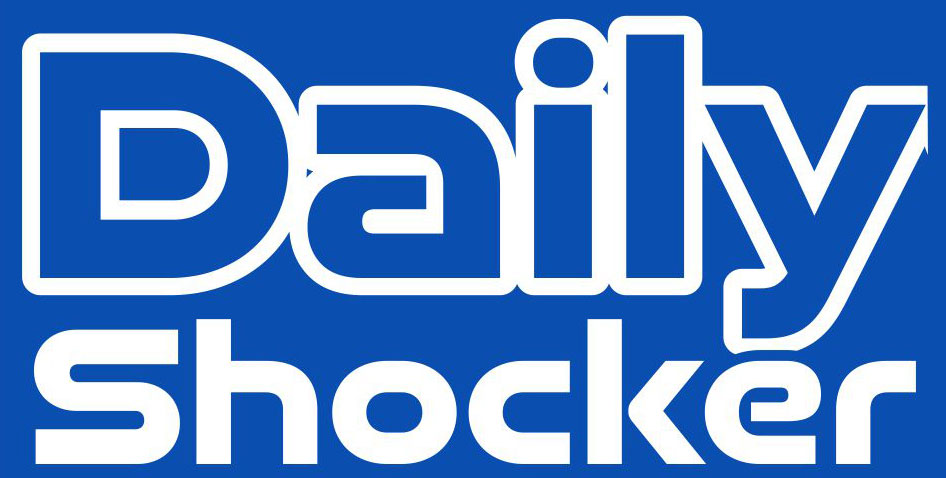
CarMax Inc. (KMX:NYSE) Faces Challenges in Q4 Earnings Report
On Thursday, April 11, 2024, CarMax Inc. (KMX:NYSE) reported its fourth-quarter earnings, revealing figures that did not meet the market’s expectations. The company announced an earnings per share (EPS) of $0.32, which was significantly lower than the anticipated $0.45. Additionally, CarMax’s revenue for the quarter was approximately $5.63 billion, missing the expected mark of $5.79 billion. This report set the stage for a challenging period for the company, as it navigated through a tough used car market environment, compounded by high interest rates and a shift in consumer behavior.
Following the earnings announcement, CarMax’s stock experienced a notable decline, dropping 11.7% over the week, as highlighted by The Motley Fool. This downturn was largely attributed to the company’s failure to meet revenue and earnings expectations, which was further exacerbated by the current economic conditions, including high interest rates that have discouraged consumers from making vehicle purchases. The impact of these factors was evident in the company’s performance, with a decrease in revenue by 1.7% to $5.63 billion and a decline in wholesale unit sales by 4%.
The used car market has faced significant challenges, with affordability becoming a major concern for consumers. This has been driven by high interest rates, which have increased monthly payments for buyers, and a general decrease in vehicle prices from the highs experienced during the pandemic. CarMax, in particular, has felt the effects of these market dynamics, leading to a delay in its goal to sell 2 million cars annually. Despite these hurdles, the company managed to maintain a relatively stable gross profit per retail used unit at $2,251, only a slight decrease from the previous year. However, this stability in gross profit was overshadowed by modest increases in sales, general, and administrative expenses, further impacting the company’s bottom line.
CarMax’s financial health and market valuation can be further understood through various financial metrics. The company’s price-to-earnings (P/E) ratio stands at approximately 23.52, indicating the premium that investors are willing to pay for its earnings. The price-to-sales (P/S) ratio of about 0.42 suggests a relatively low valuation of the company’s sales, while the enterprise value to sales (EV/Sales) ratio of 1.11 shows the company’s valuation in relation to its sales after adjusting for debt. Additionally, the enterprise value to operating cash flow (EV/OCF) ratio of 64.34 highlights the company’s valuation compared to its operating cash flow. Despite these financial indicators, CarMax’s debt-to-equity (D/E) ratio of 3.10 points to a significant reliance on debt financing, which could pose risks in a challenging economic environment. However, the current ratio of 2.26 indicates a healthy capability to cover short-term liabilities with short-term assets, providing some financial stability amidst the uncertainties.

